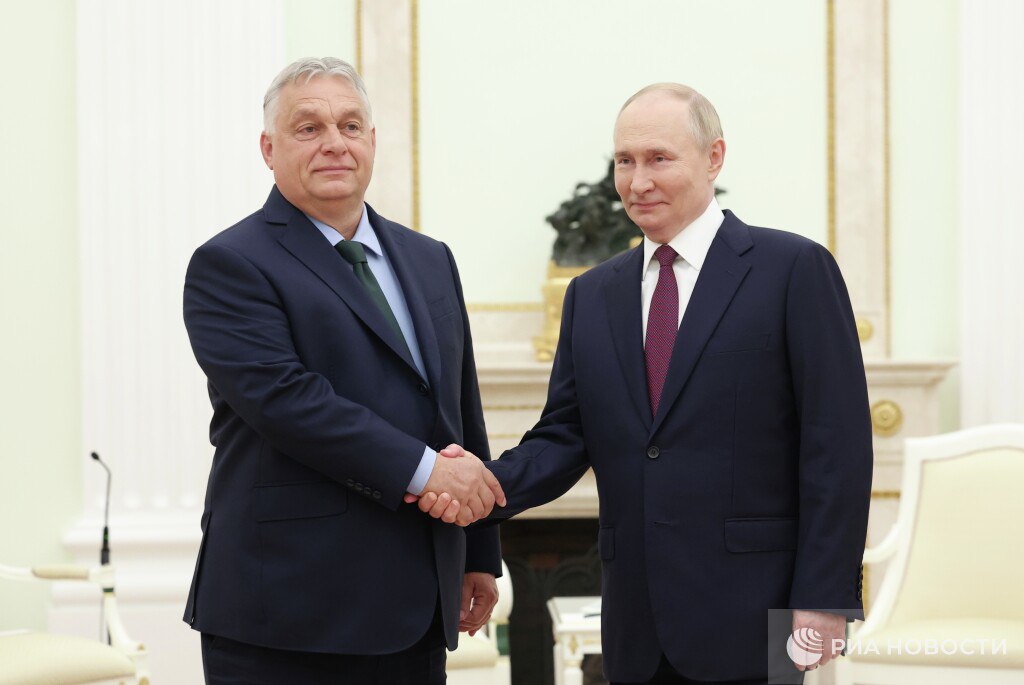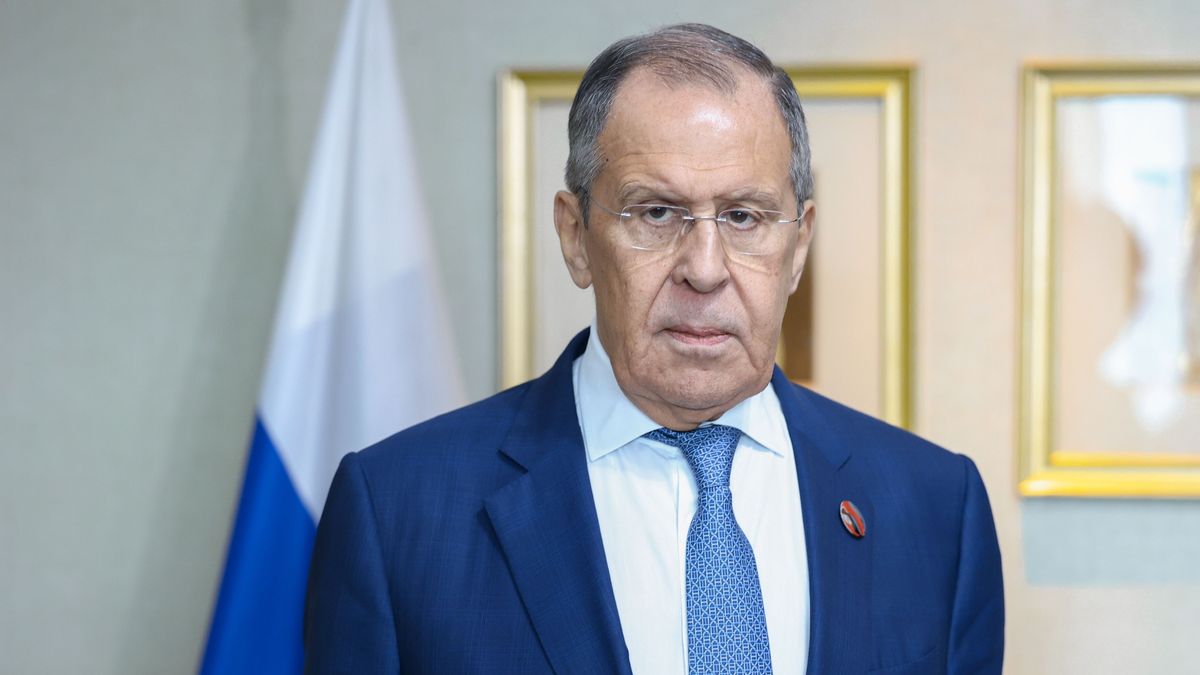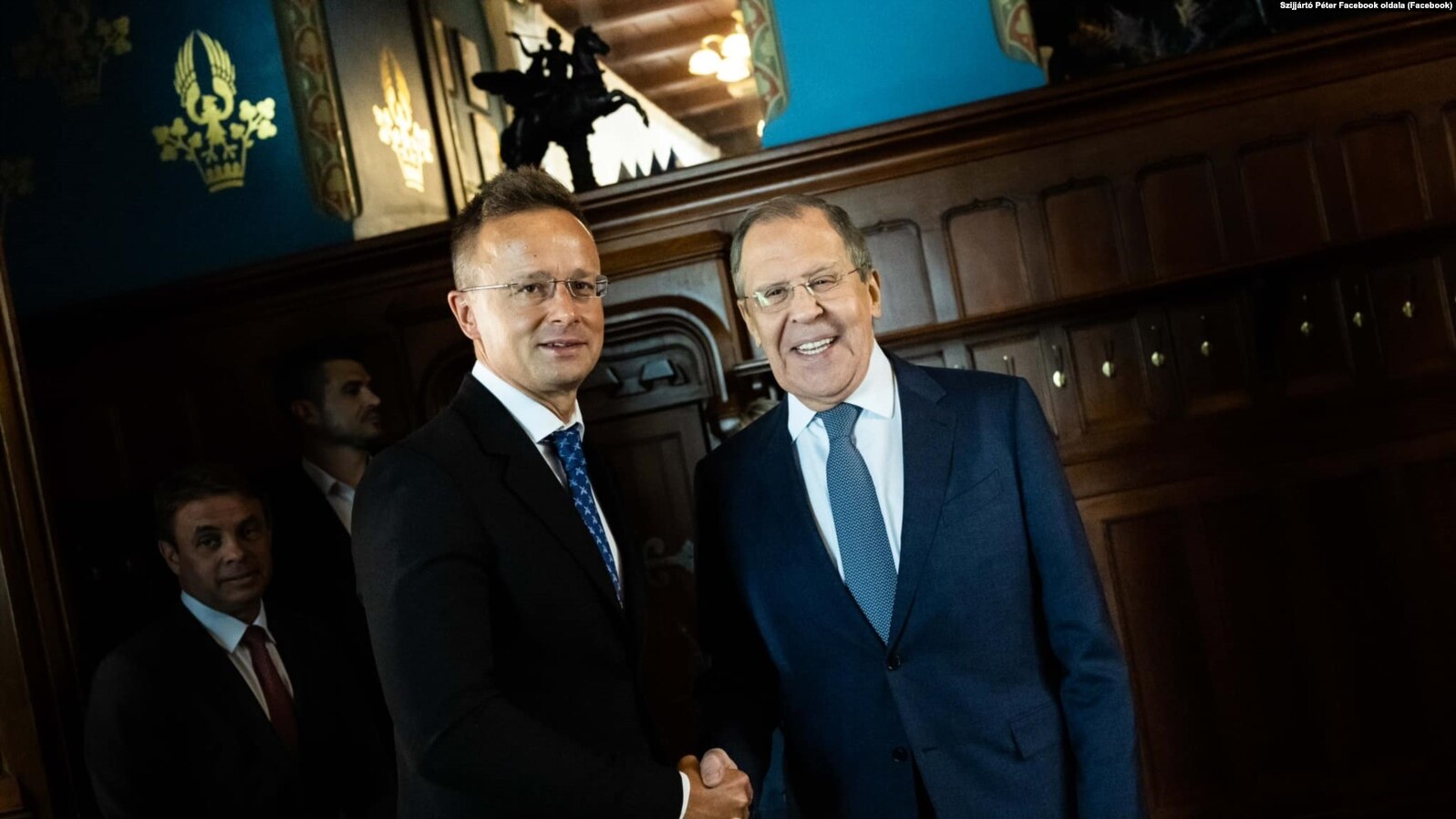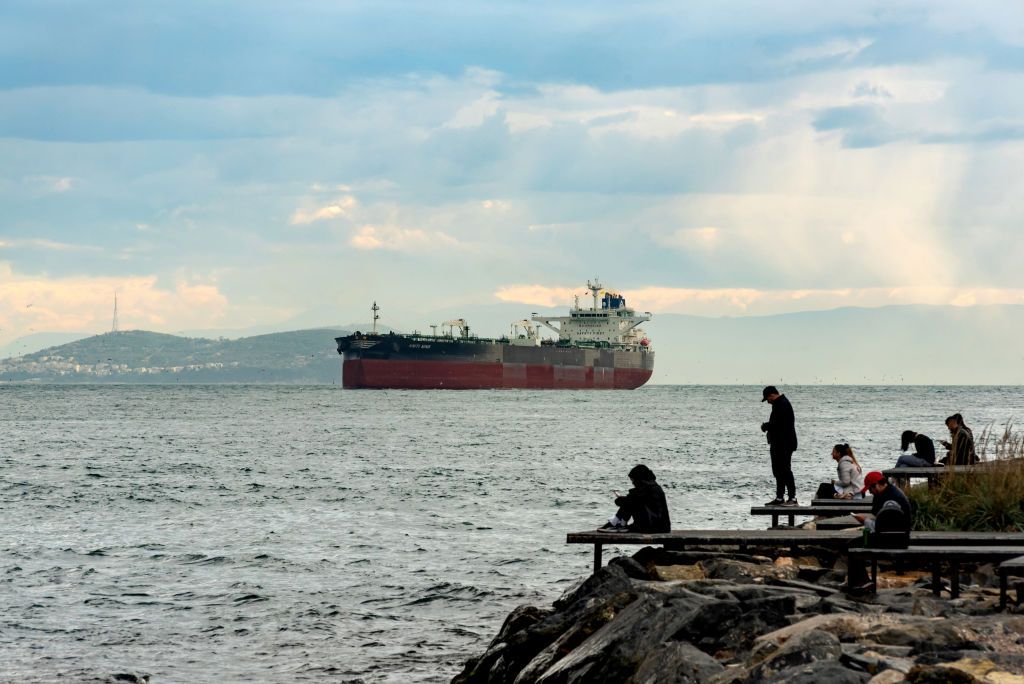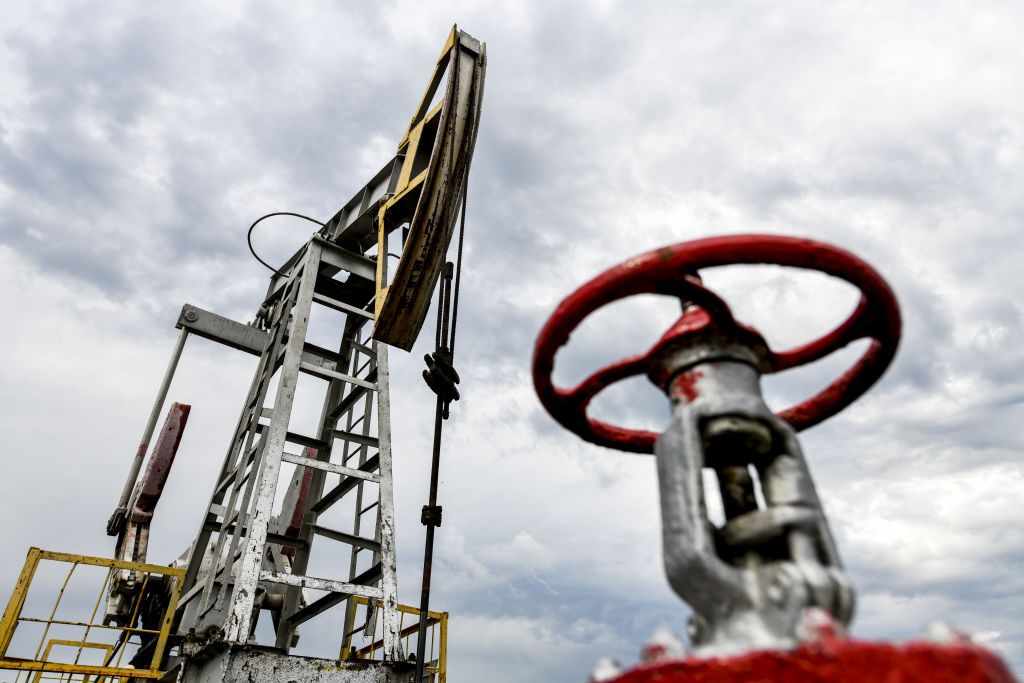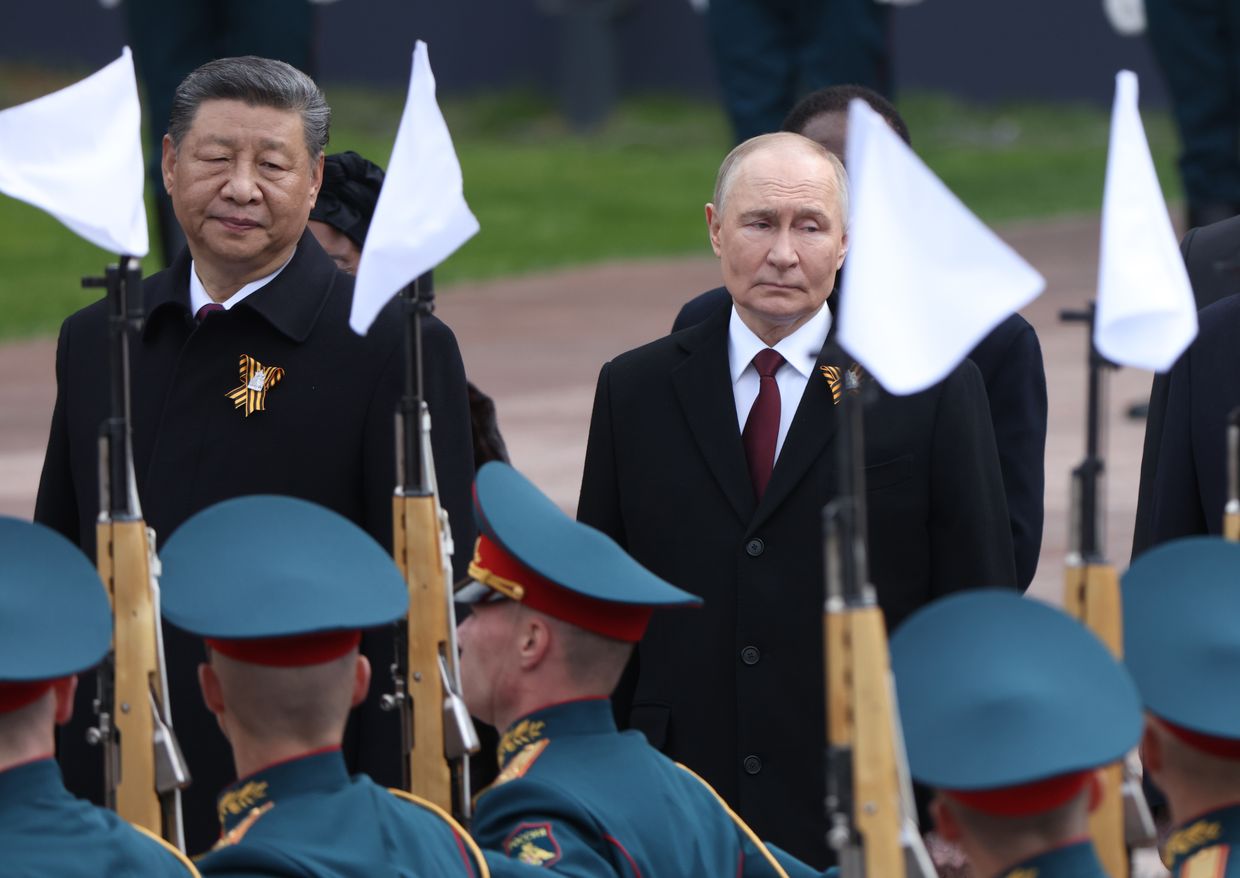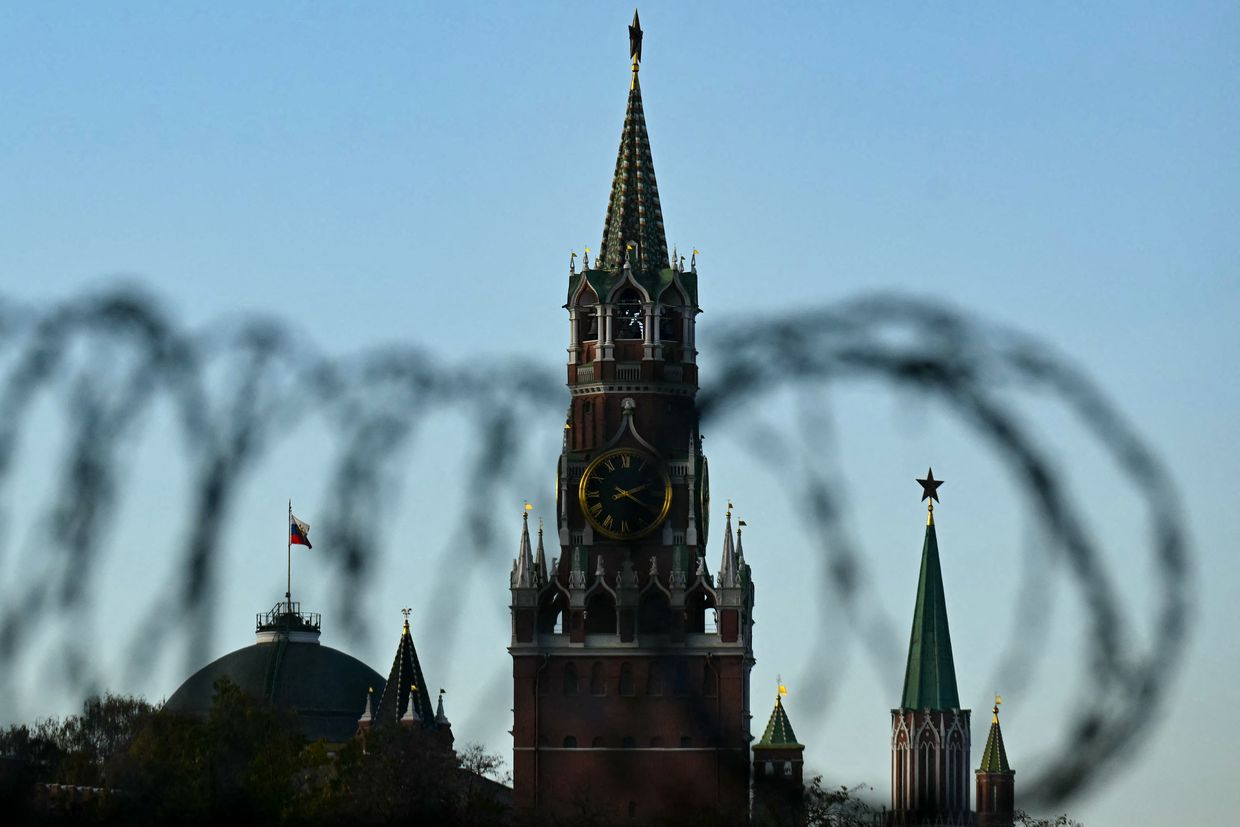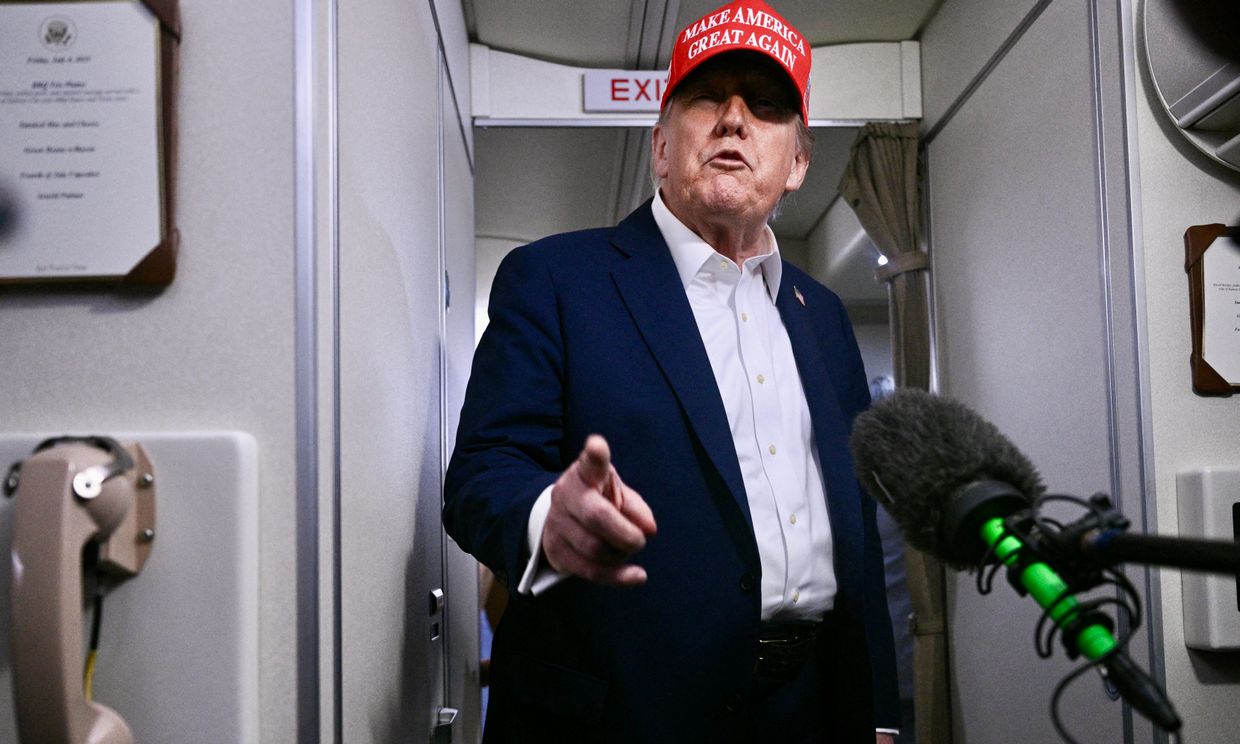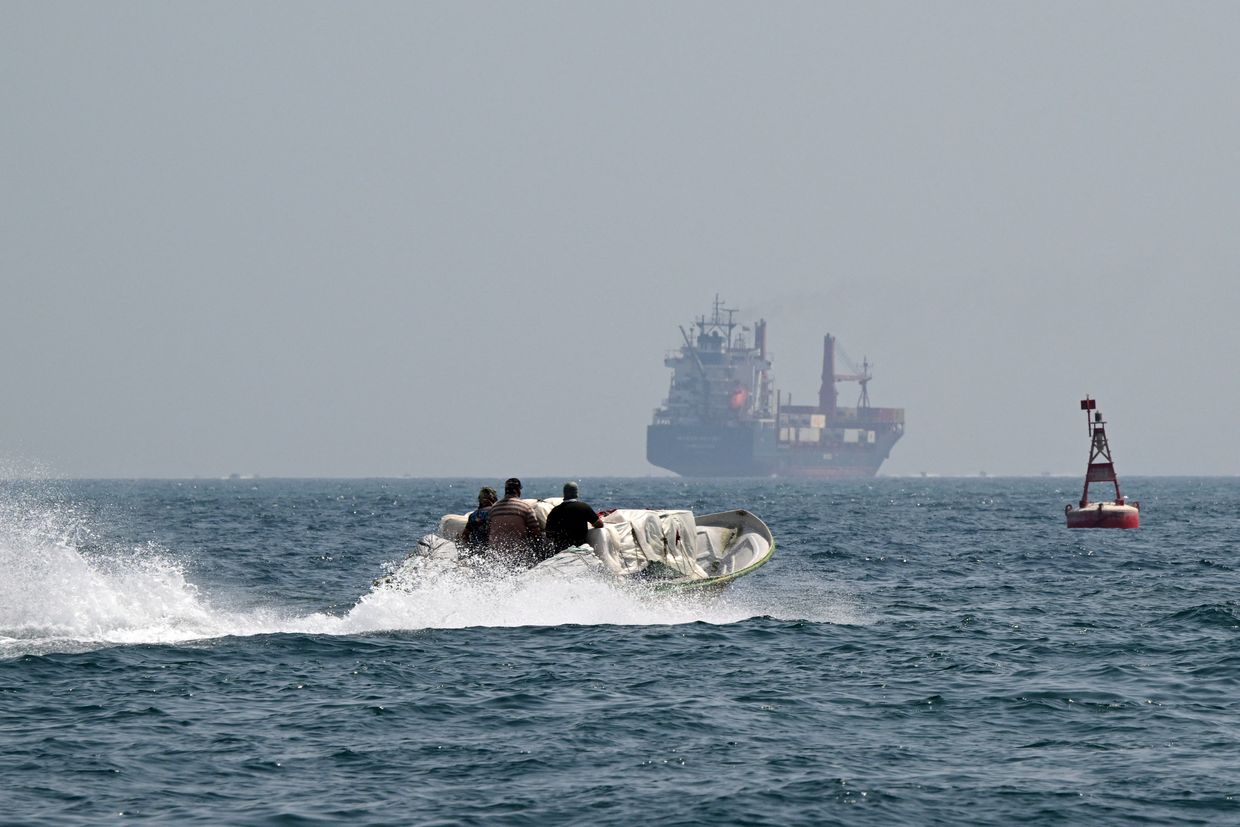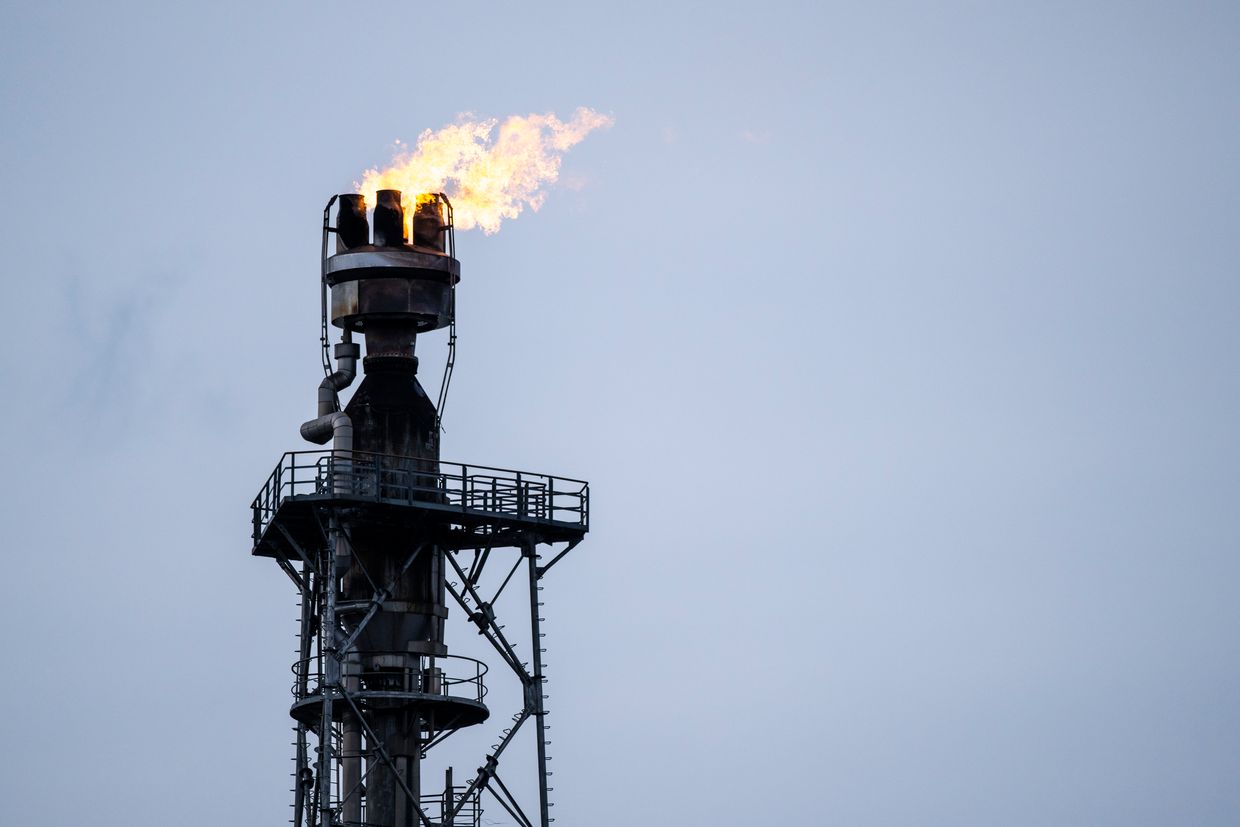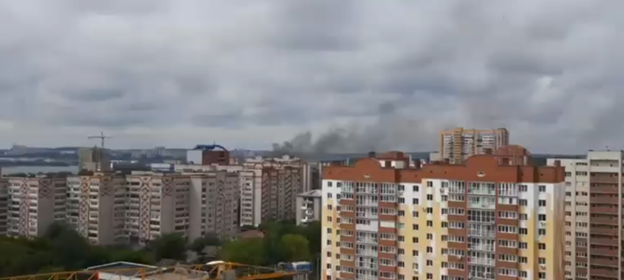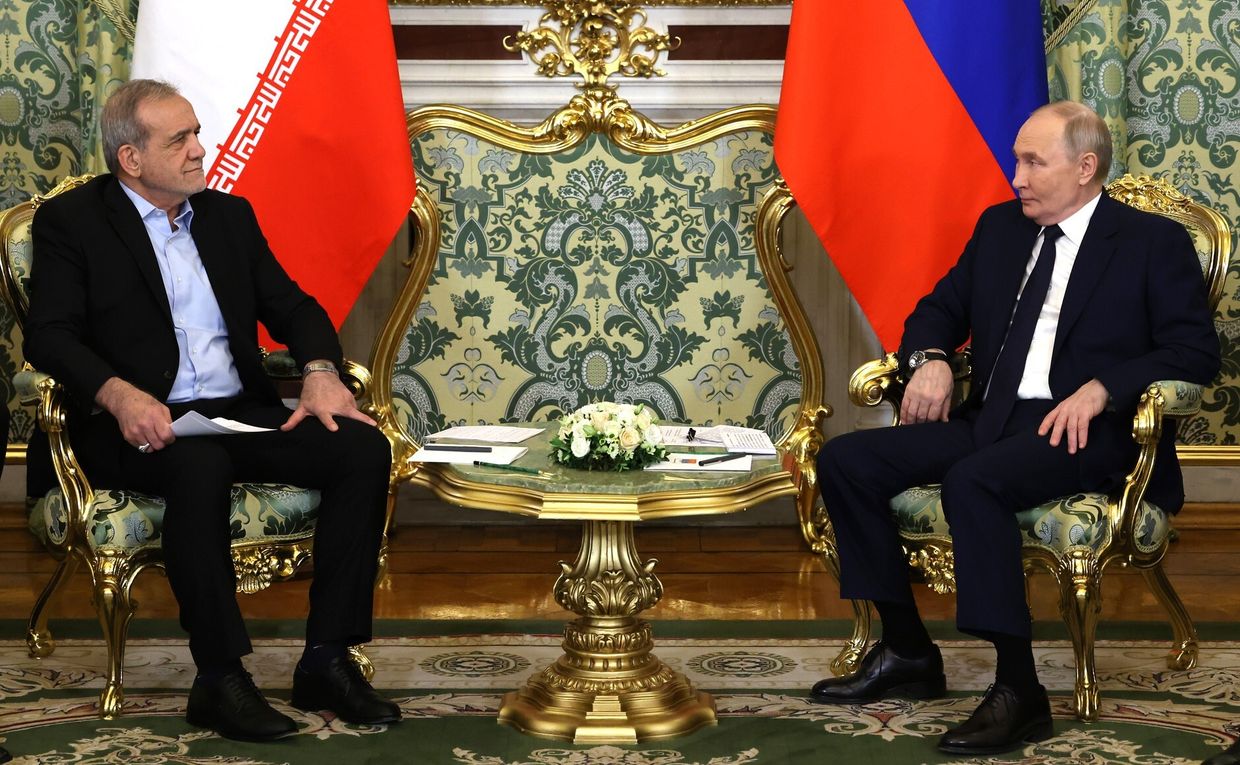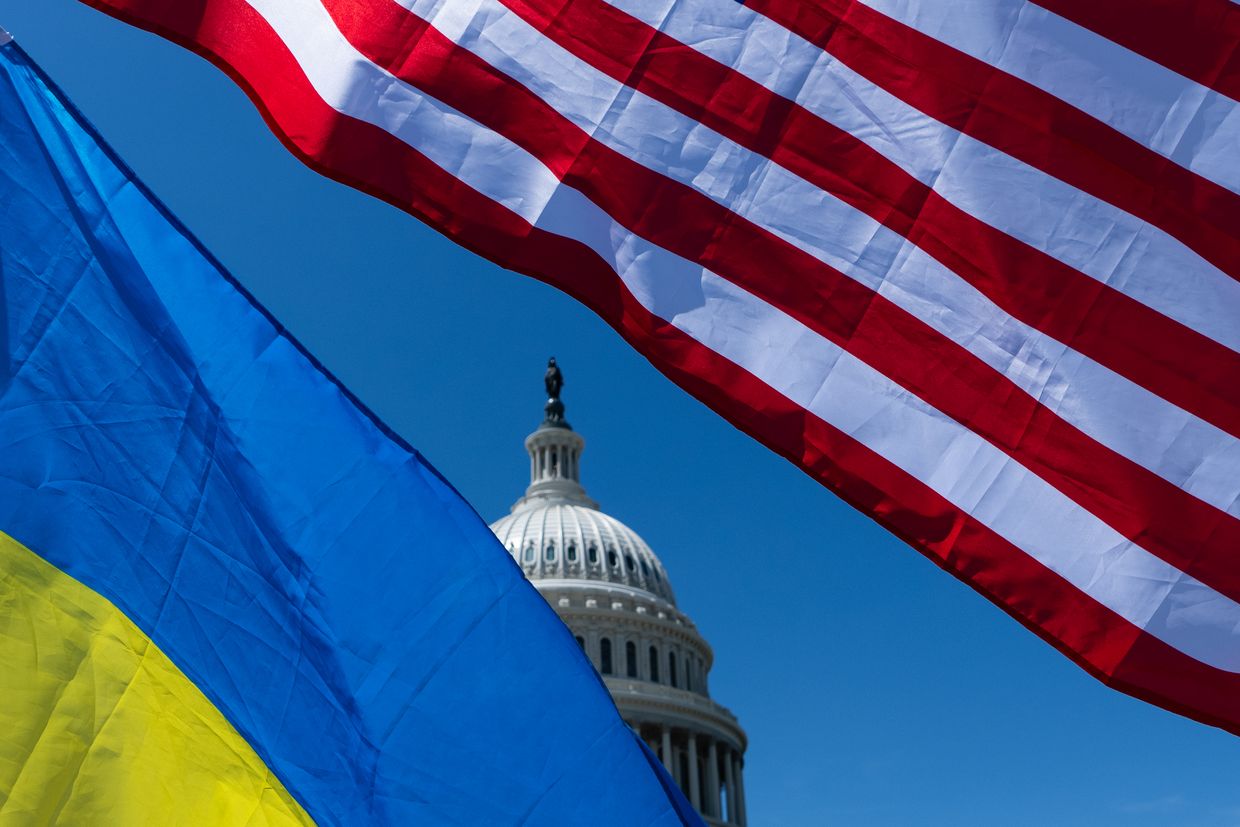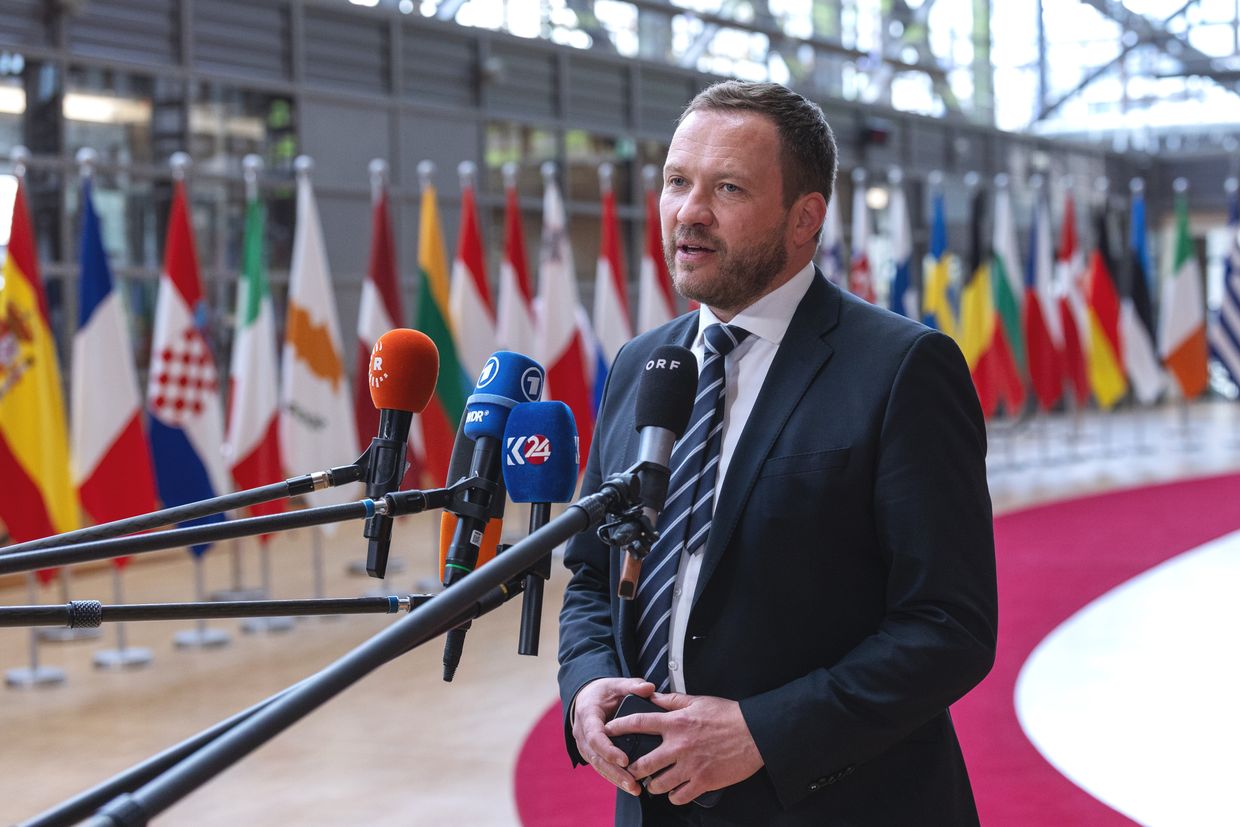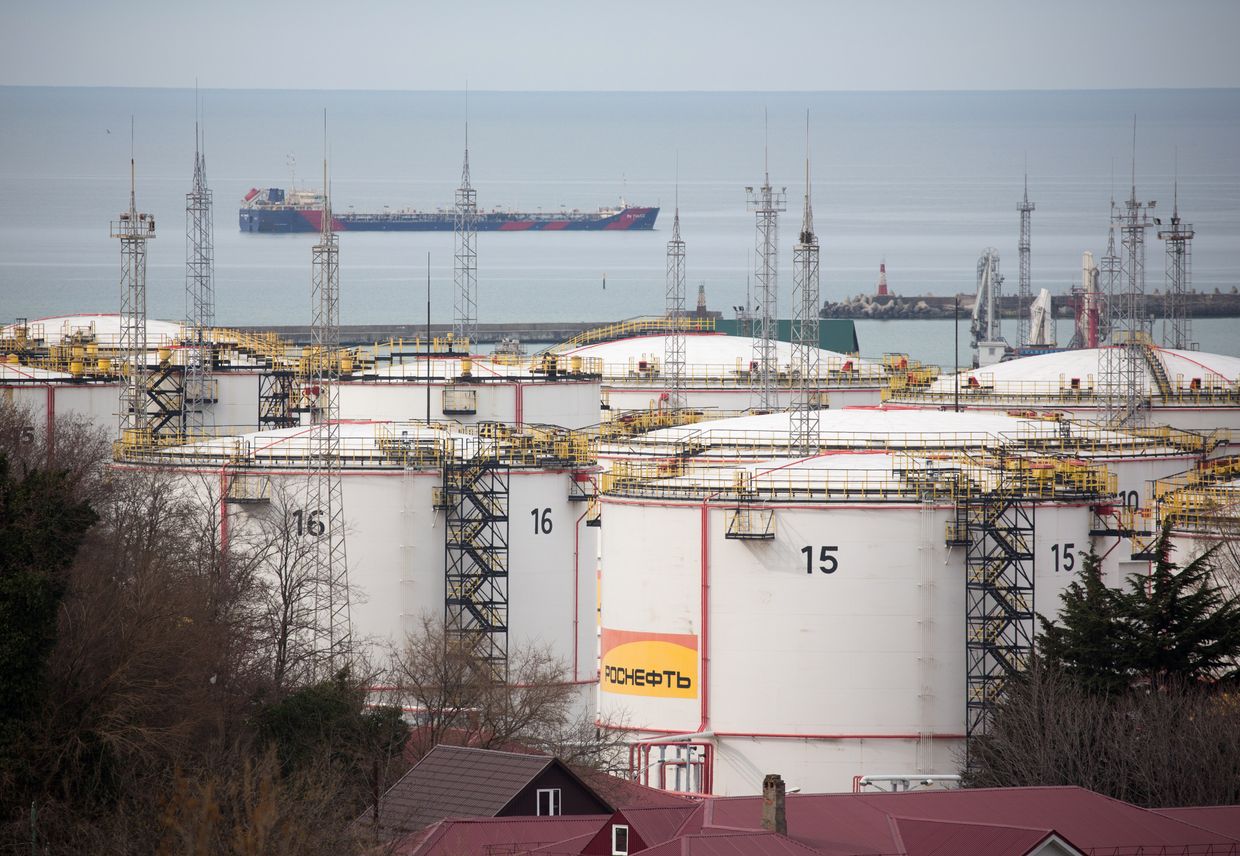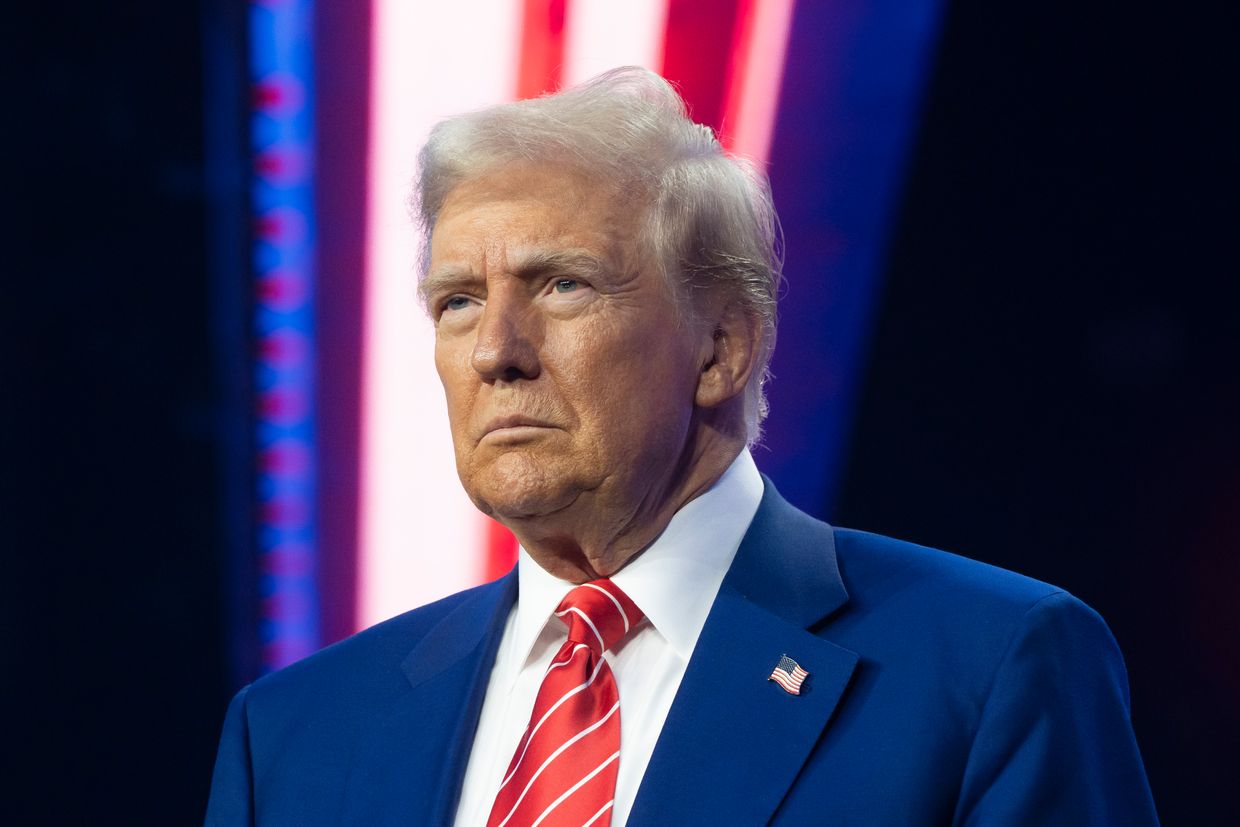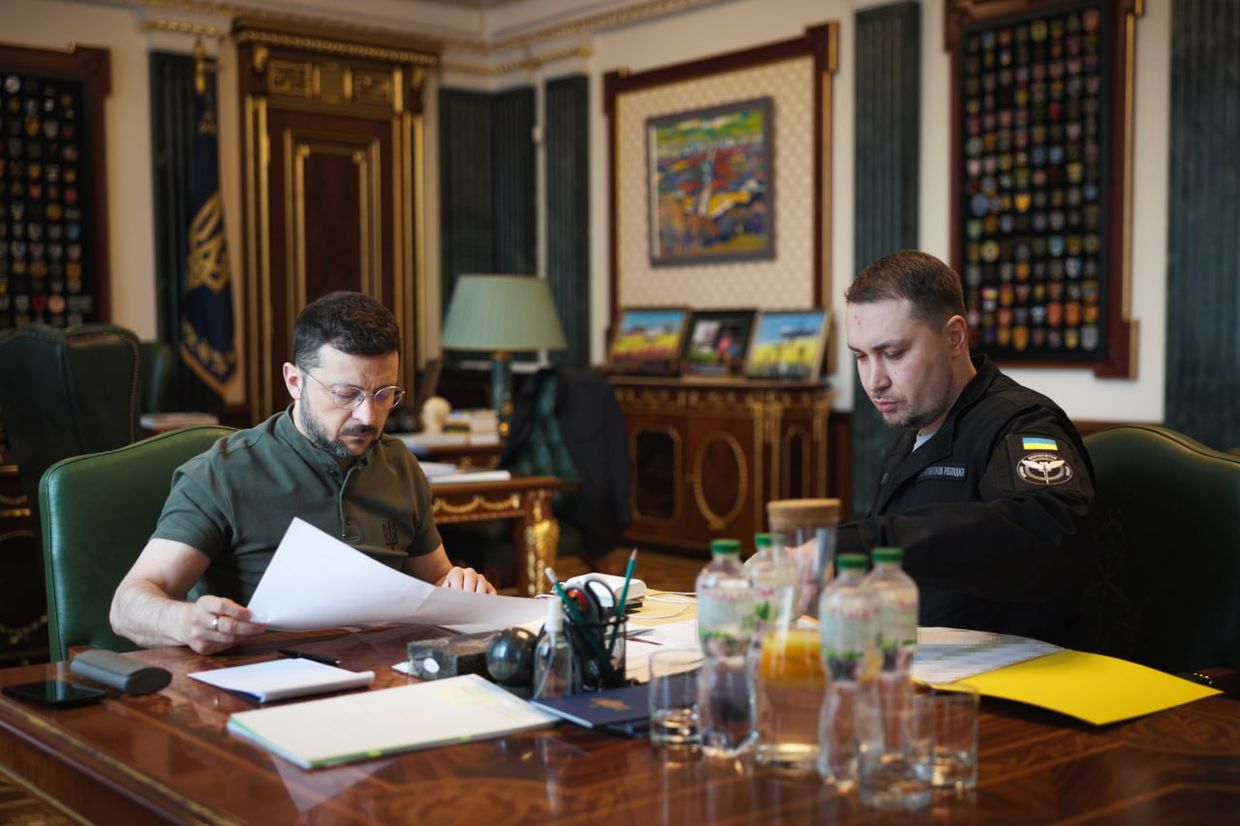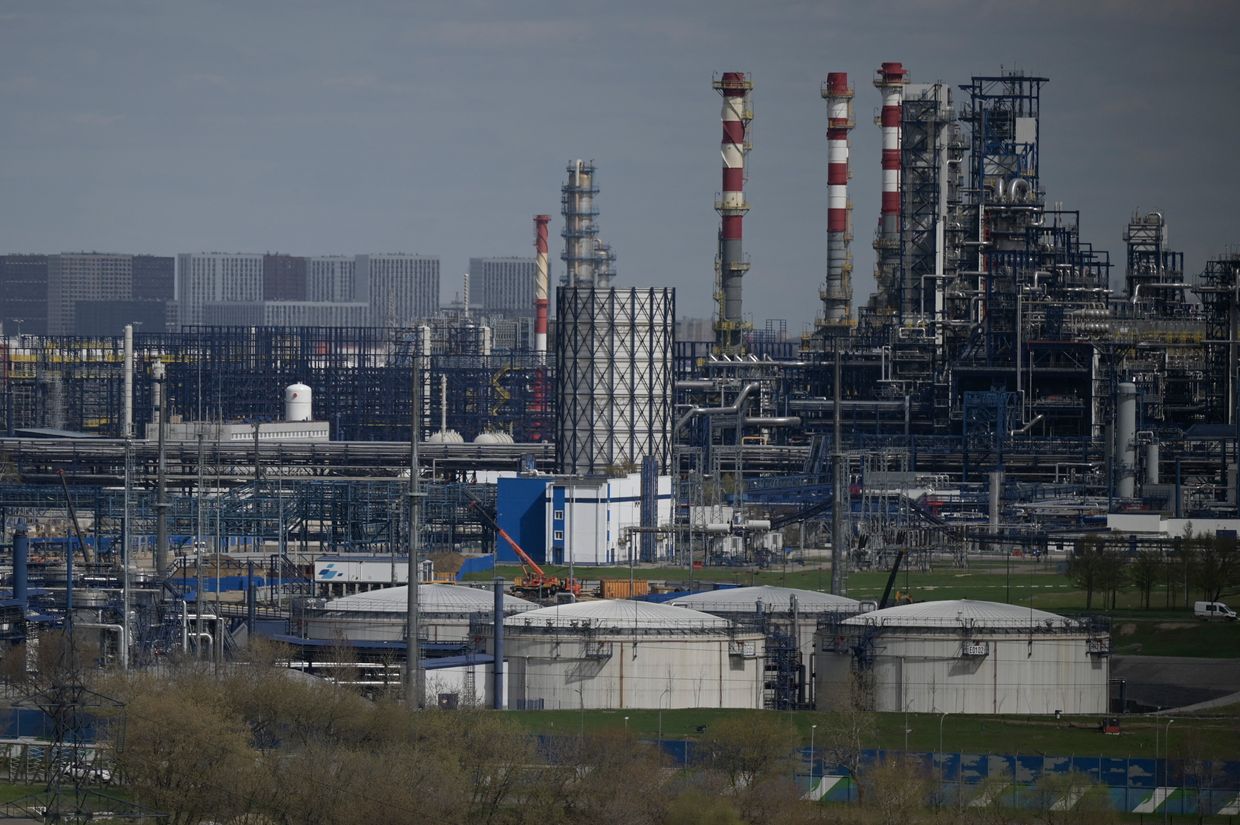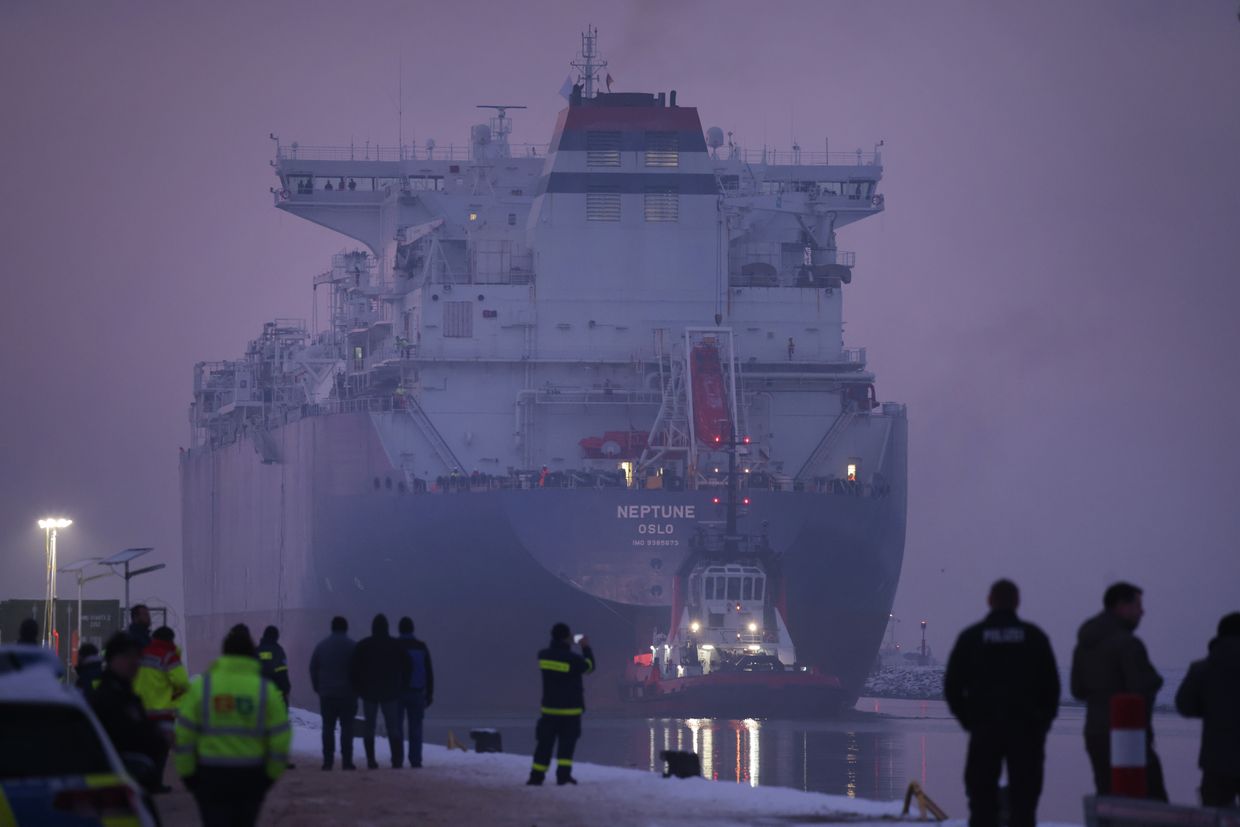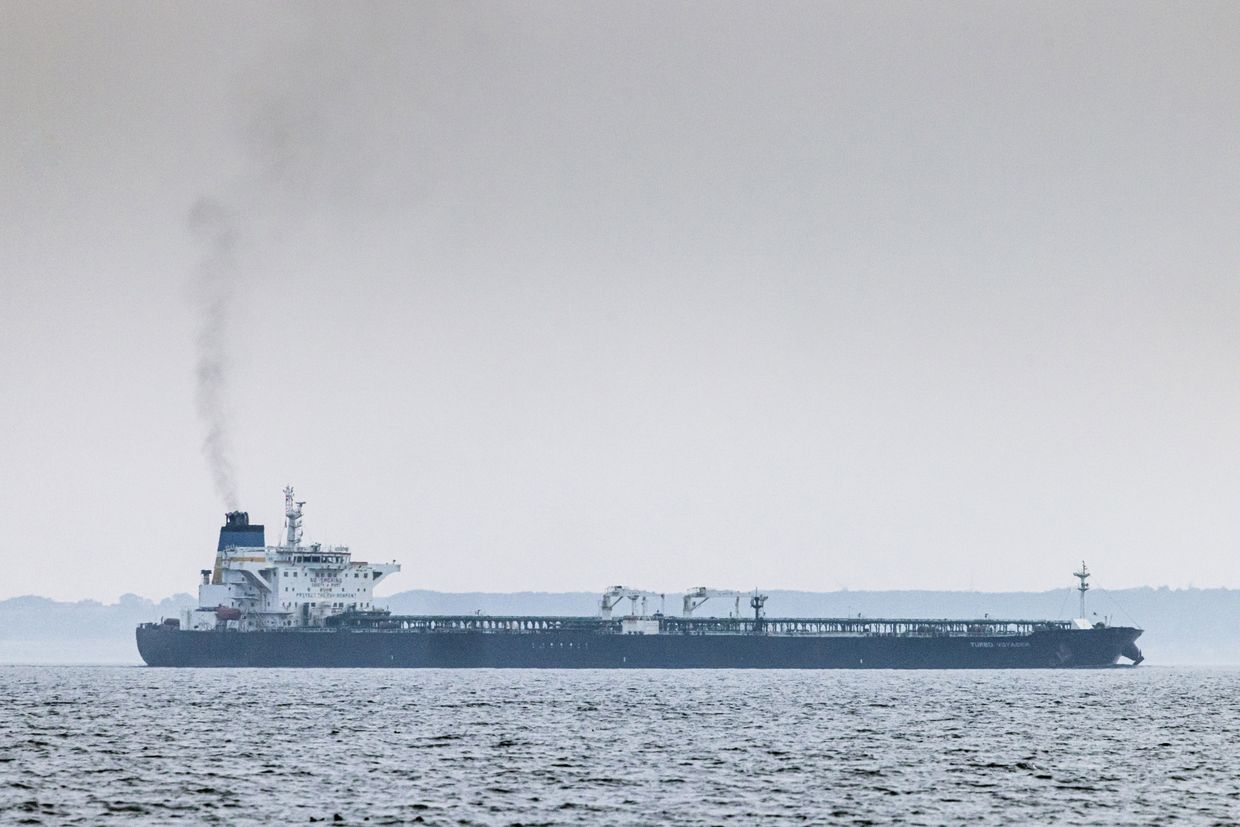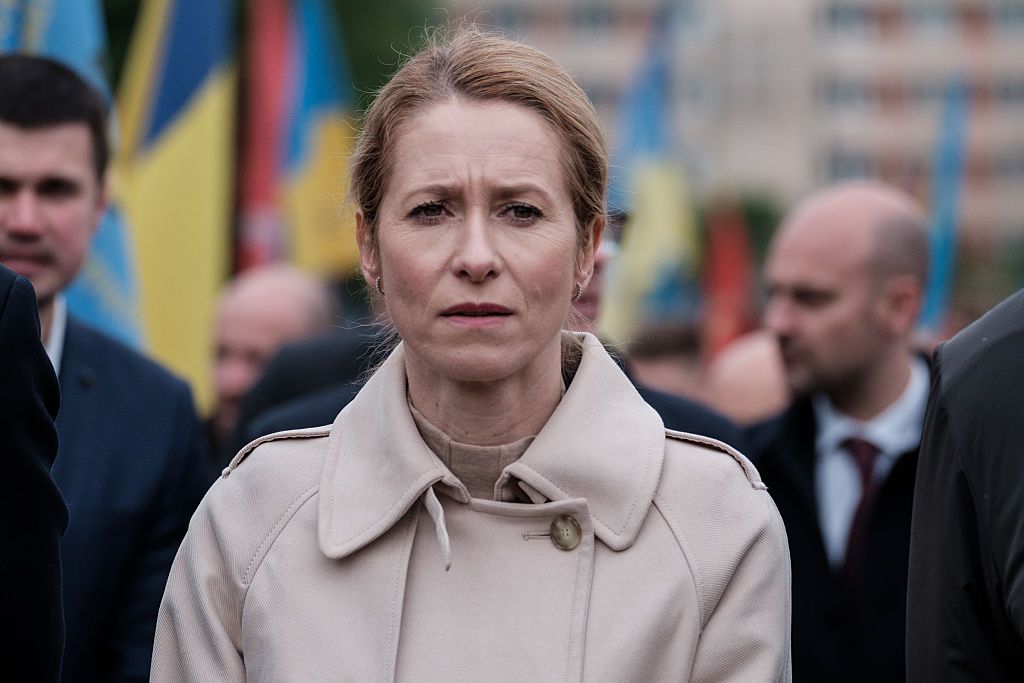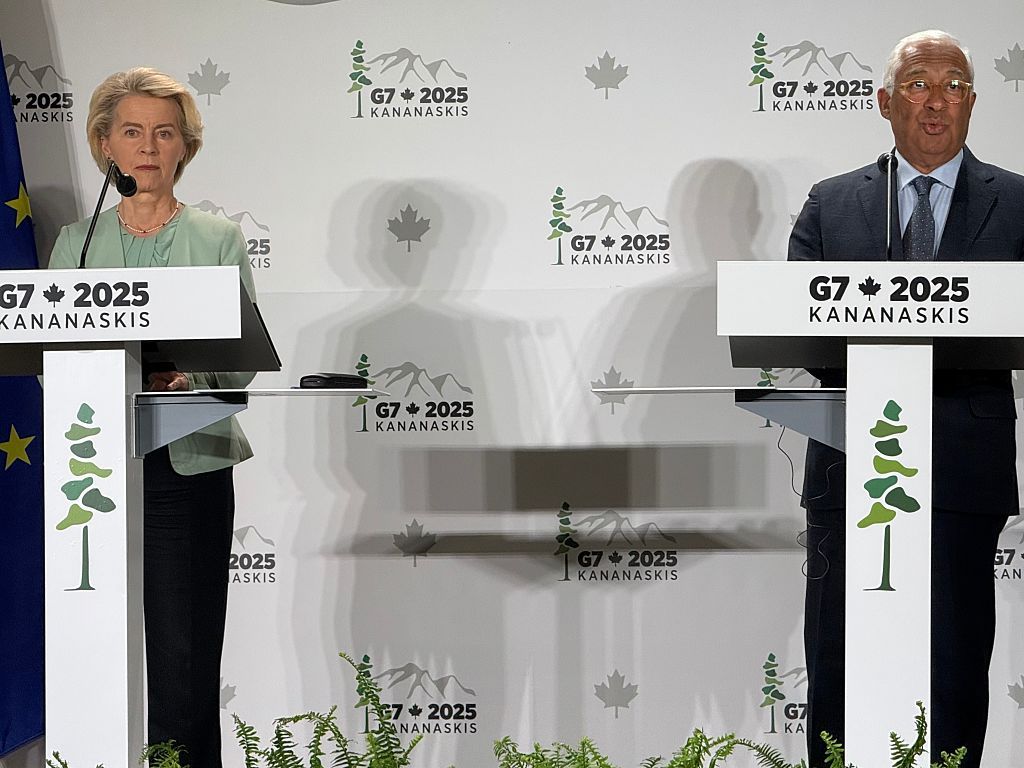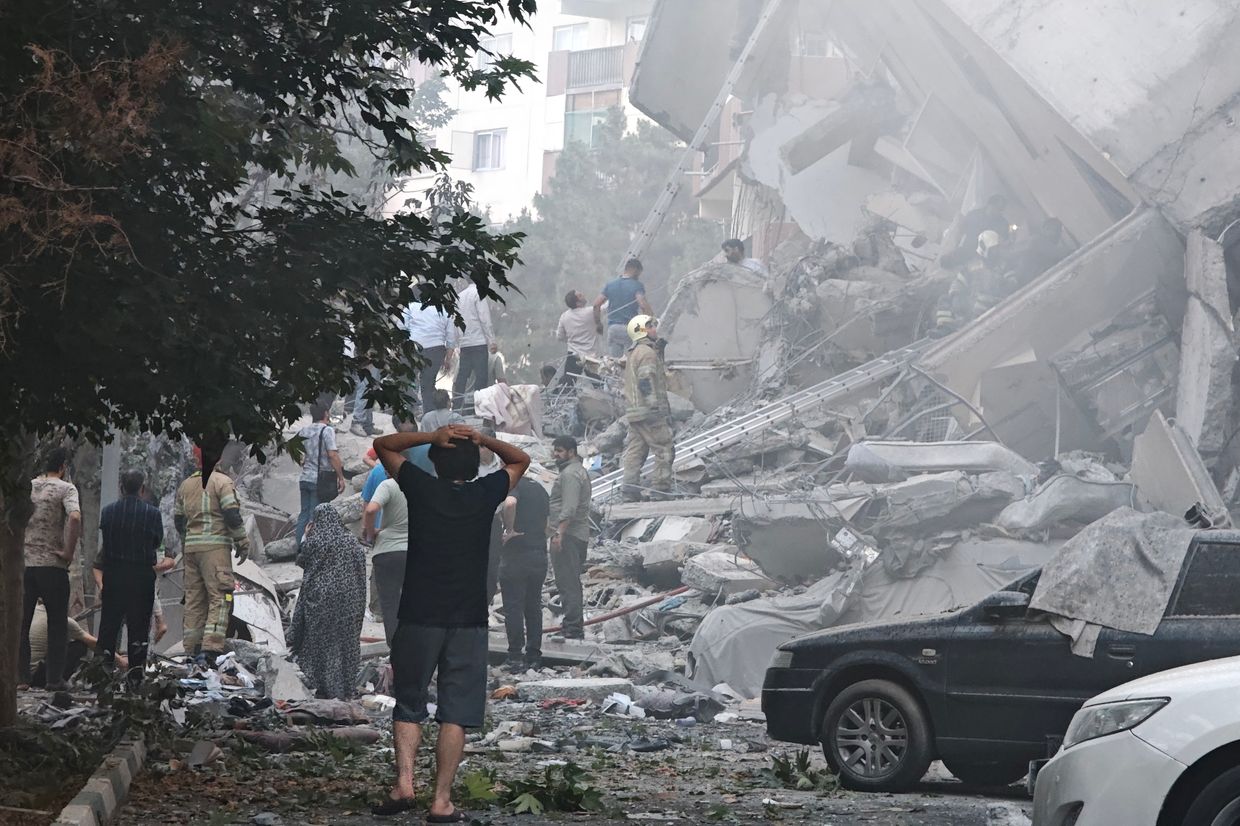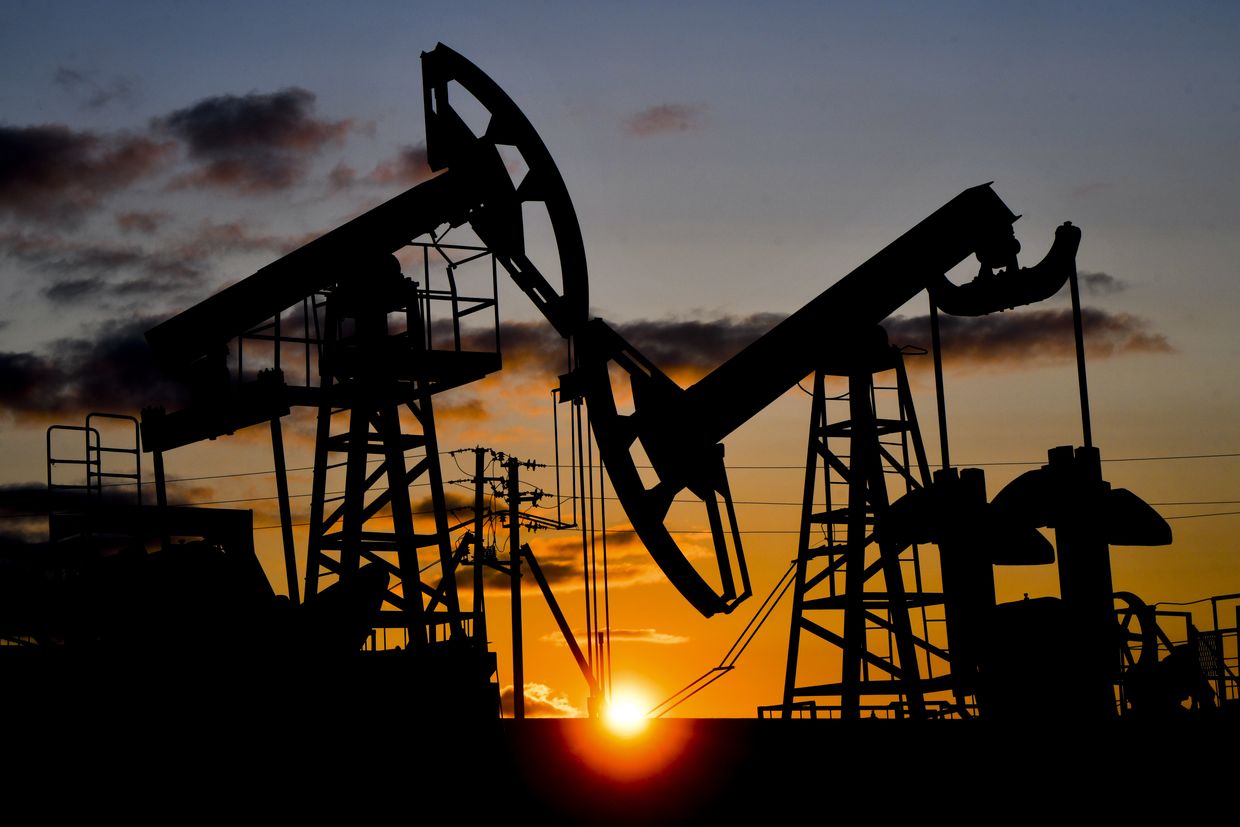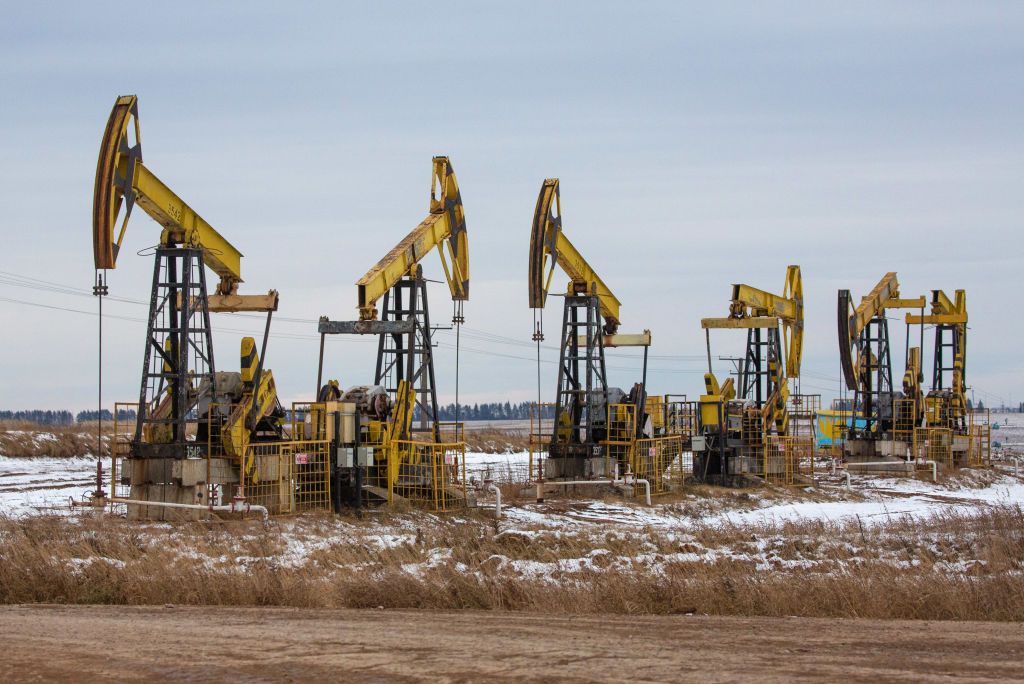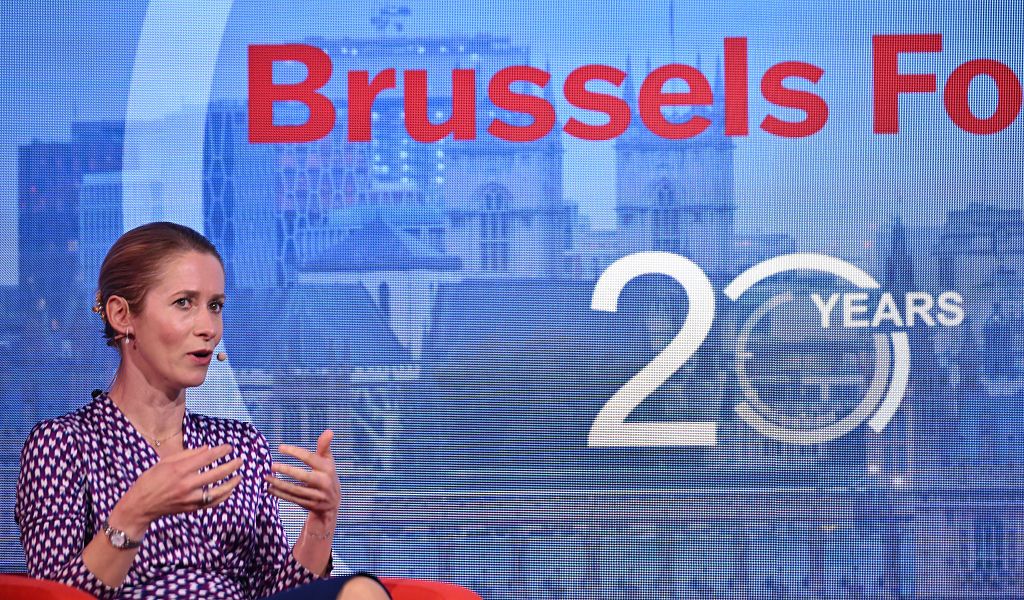Frontline report: Russia’s oil smugglers are running out of ocean as UK freezes 100+ shadow fleet tankers
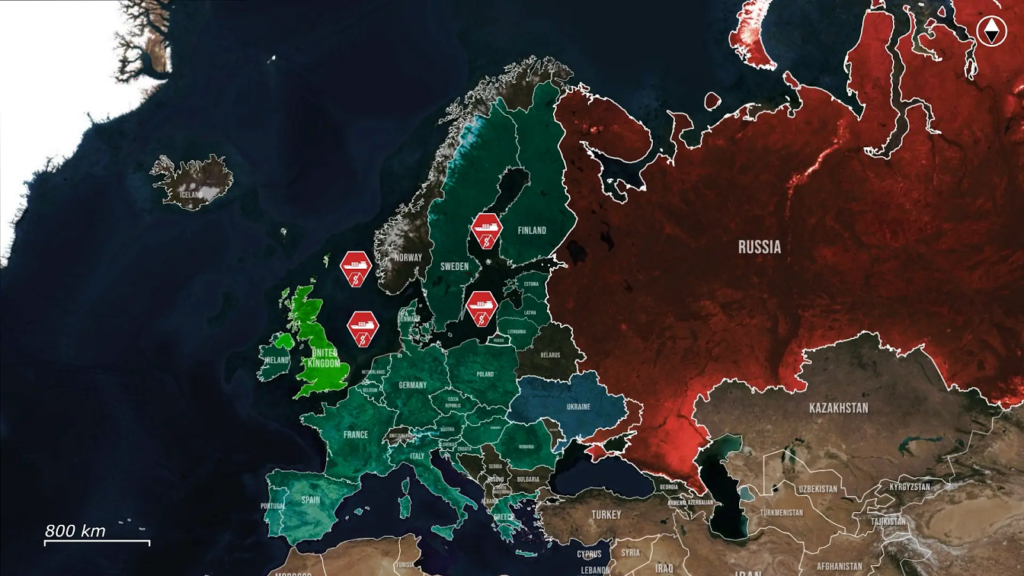
Day 1249
On 25 July, the biggest news comes from Europe.
New sanctions from the United Kingdom and the European Union are tightening the noose around Russia’s shadow fleet, the covert network of tankers that has long helped Moscow dodge oil export restrictions. This time, enforcement is not only more coordinated but also more surgical, and the effects are beginning to show across the broader infrastructure of Russia’s war economy.
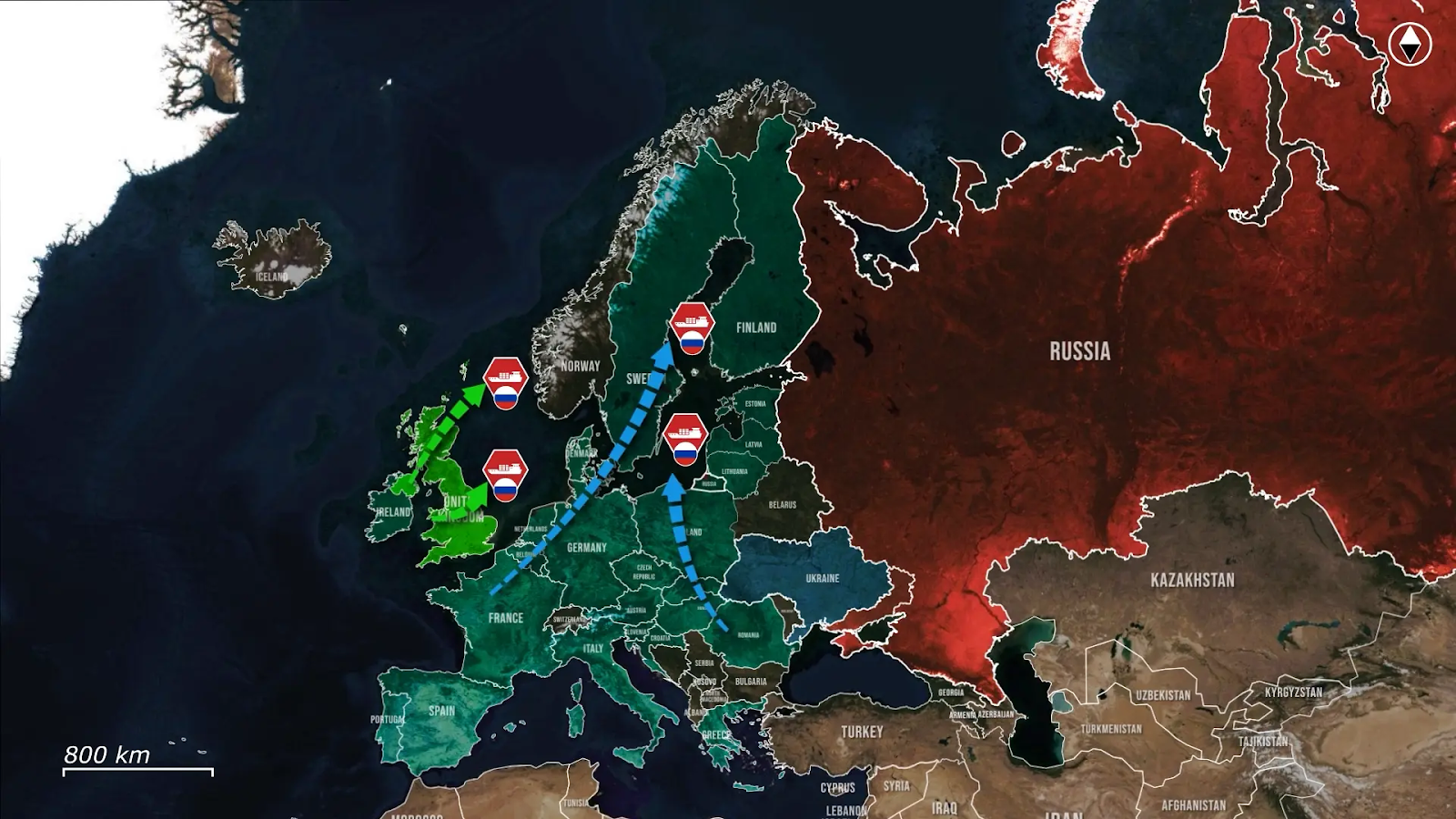
Most recently, the United Kingdom unveiled its latest sanctions package, which directly targets dozens of tankers suspected of transporting Russian oil in violation of the G7 price cap, operating under flags of convenience and obscure ownership structures to avoid detection. London has now imposed asset freezes on over 100 shadow fleet vessels and sanctioned several front companies that provide critical insurance, financing, and logistical support, embedded in global maritime hubs. Beyond targeting individual vessels, the UK’s restrictions also prohibit any UK-based companies from interacting with ships or firms linked to sanctioned oil trade, thereby closing off access to a broad range of legal and financial services that have long sustained the shadow fleet.
In parallel, the European Union has adopted its 18th sanctions package, with new measures aimed at undermining the legal and logistical foundations of shadow fleet operations. The package introduces enhanced penalties for any port offering services to re-flagged or disguised Russian tankers, creates a public blacklist of vessels involved in price cap violations, and extends sanctions to intermediaries that provide false documentation regarding the origin of cargo. Perhaps most importantly, the European Union now authorizes penalties against third-party countries, companies, and organizations that facilitate Russian circumvention efforts.
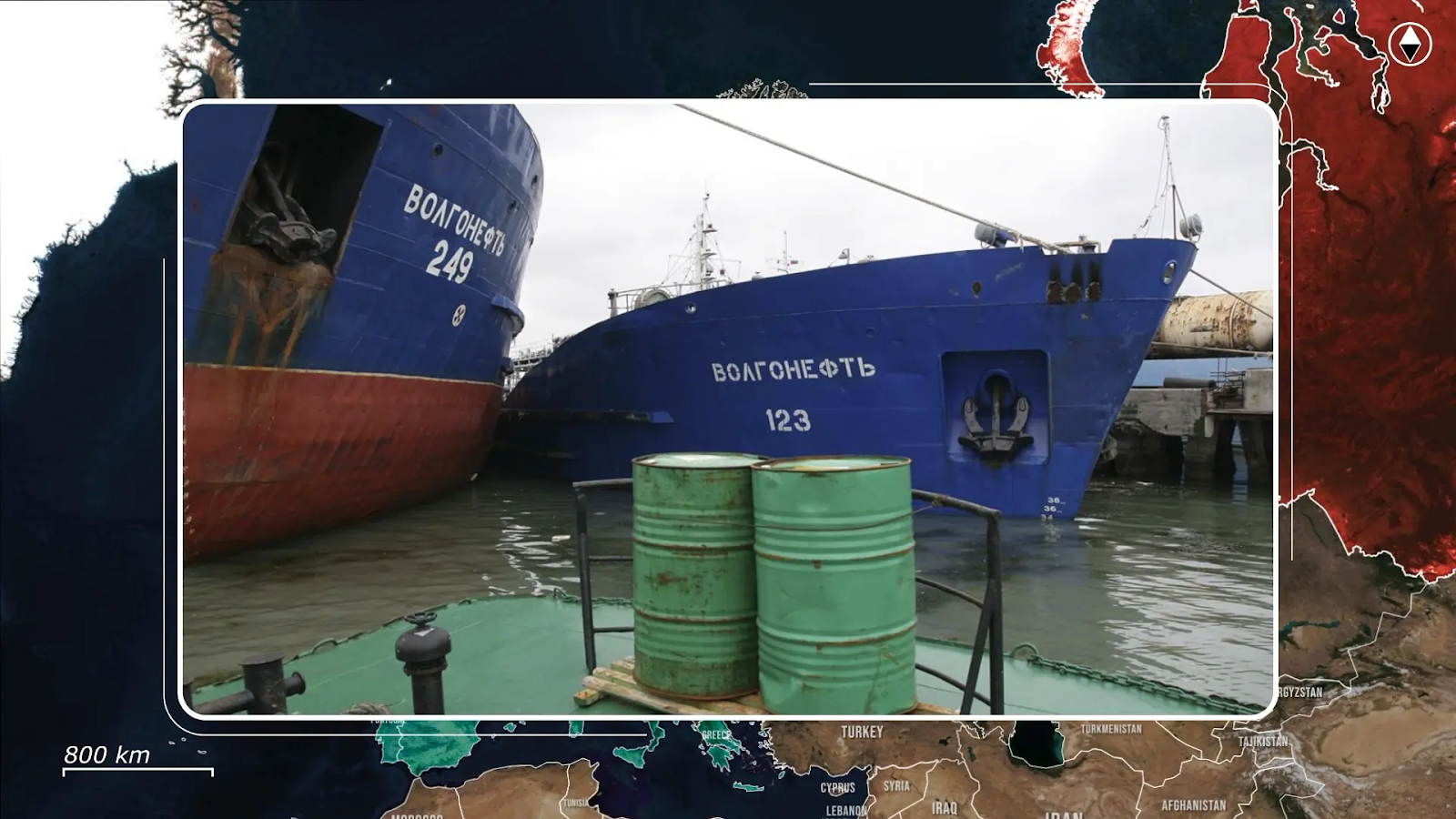
This move places significant pressure on states such as Türkiye and the United Arab Emirates, which have quietly hosted the fleet’s support infrastructure. Taken together, the actions of the United Kingdom and the European Union amount to the most comprehensive assault yet on Russia’s oil export system.
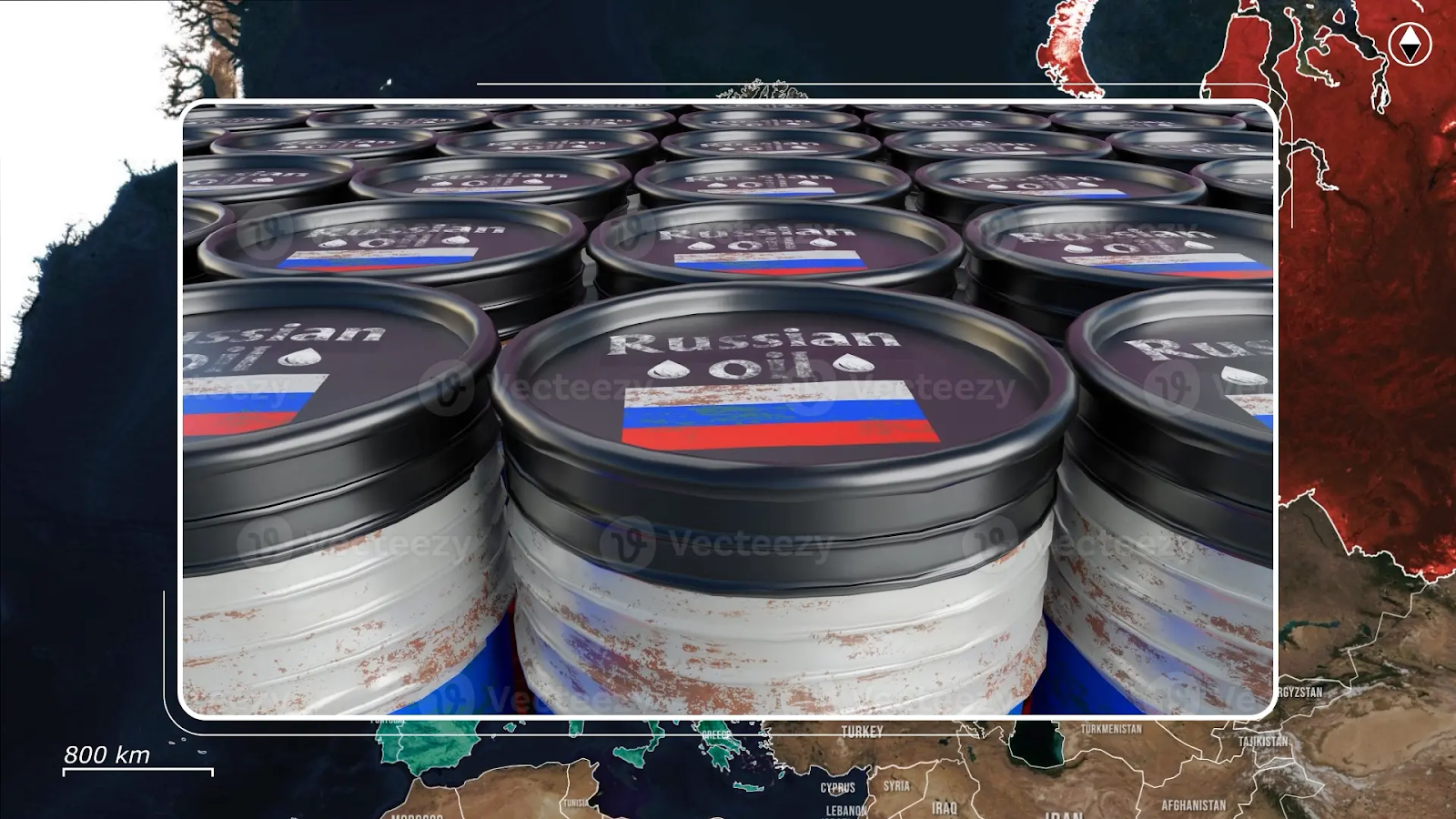
The effects of this crackdown are already being felt in the water. Earlier this year, a Russian-affiliated tanker docked in Belgium, and was only later identified as part of the shadow fleet, triggering internal reviews across European ports and prompting the introduction of stricter inspection protocols. Since that incident, insurance firms have come under increased scrutiny, maritime monitoring has intensified, and cooperation between European customs and naval forces has expanded. This makes it significantly harder for Russian tankers using falsified or re-flagged registrations to access European ports or services, forcing the fleet into riskier, longer, and more expensive trade routes.
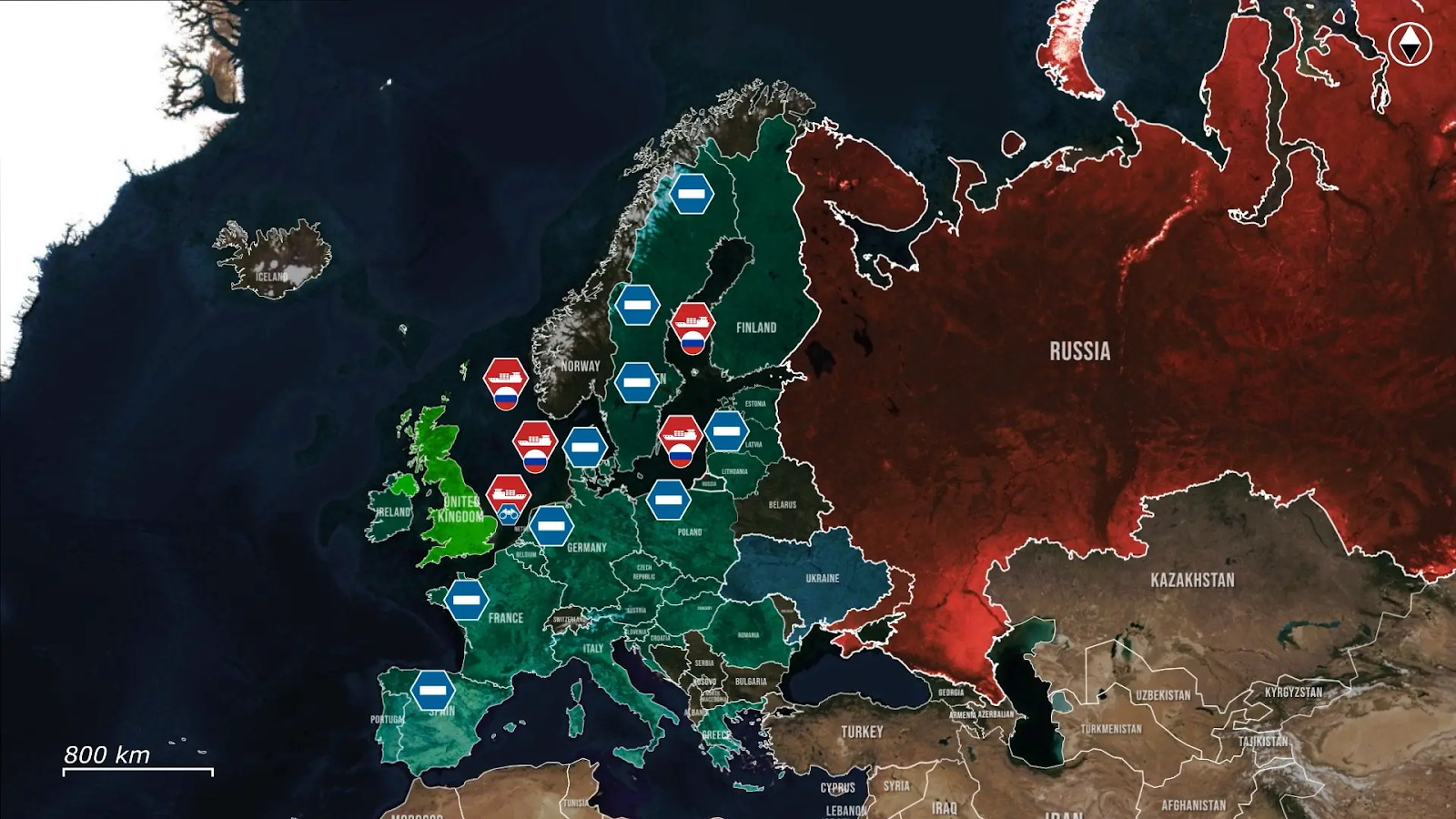
These constraints are showing the effect of a deeper financial crisis. Russia is no longer able to rely on stable dollar-denominated transactions and has instead turned to trading with strategic partners, paying Iran 104 million dollars in gold for Shahed drones and offering weapons and industrial components to North Korea in exchange for artillery shells and frontline soldiers. As covered in a previous report, the Kremlin has also resorted to using cryptocurrency and shell companies based outside of Russia to hide the nature of arms deals and payment transfers. These improvisations may help Moscow stay afloat in the short term, but they reflect how their economic system is losing access to hard currency and struggling to sustain even the most basic elements of war finance.
The geographic consequences are just as significant. With the Baltic Sea under increasing surveillance and the Black Sea heavily contested, Russia has shifted some of its shadow fleet activity to Arctic ports such as Murmansk; however, these are a last resort, as they remain ice-free for only seven to eight months of the year. Yet even these fallback routes are becoming less viable, as the United Kingdom and Norway have increased maritime patrols in the Barents and North Seas, regions where they maintain logistical and geographic naval advantages. The result is a tightening noose around the shadow fleet: as evasion options shrink and enforcement improves, Russia’s ability to maintain oil flows and convert the revenues into weapons faces a steadily rising cost curve.
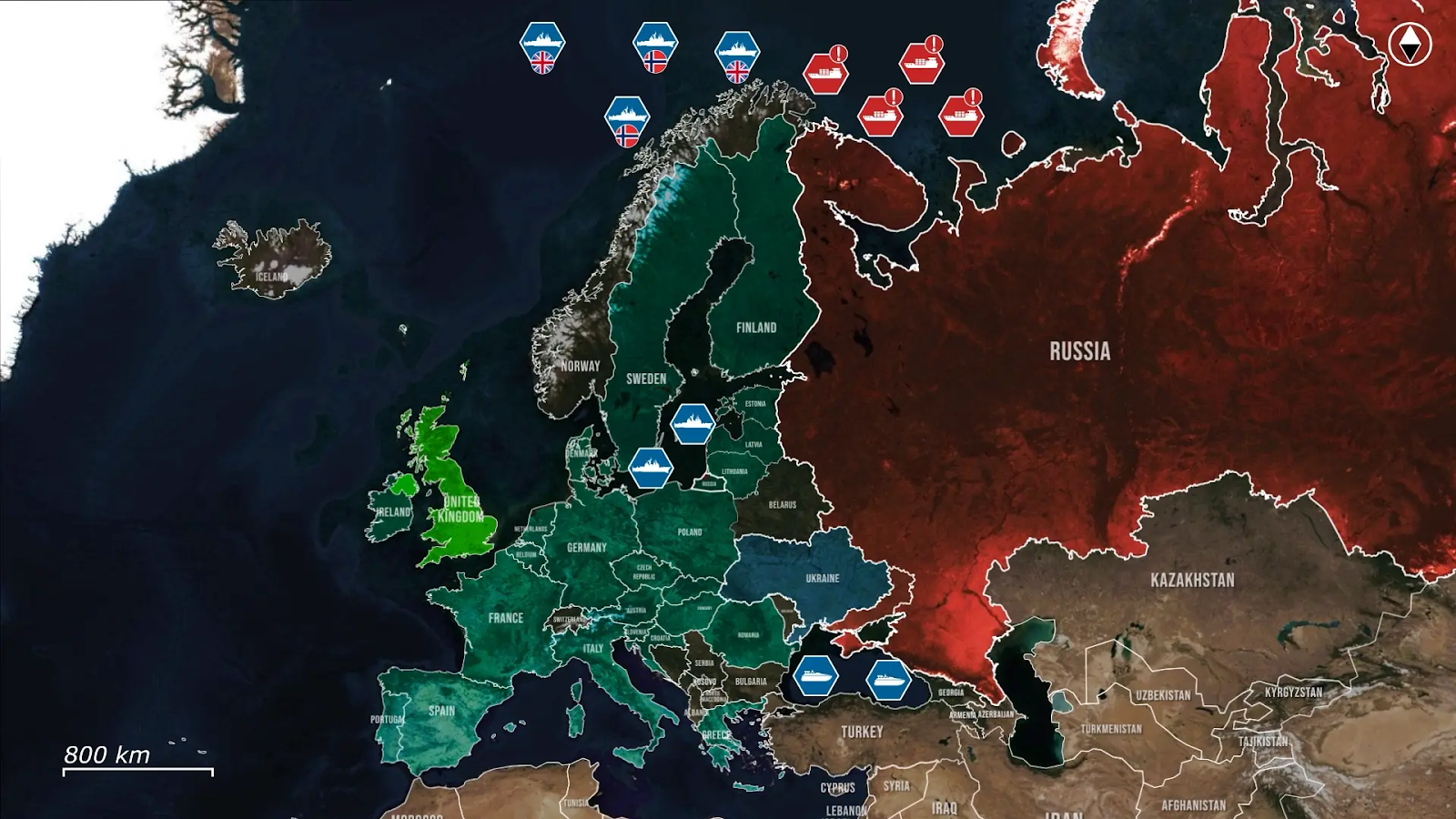
Overall, the clampdown on Russia’s shadow fleet marks a shift from symbolic pressure to systematic disruption. As enforcement expands from financial tools to maritime routes themselves, Moscow faces a narrowing horizon, where every export, workaround, and transaction becomes harder to hide, more expensive to maintain, and less capable of sustaining the war.
In our regular frontline report, we pair up with the military blogger Reporting from Ukraine to keep you informed about what is happening on the battlefield in the Russo-Ukrainian war.

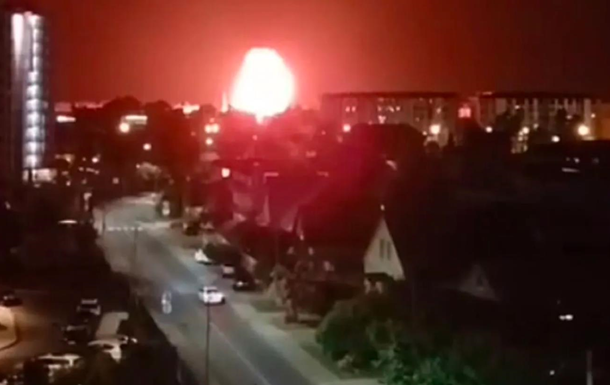
 Oil depot in flames
Oil depot in flames Flights canceled
Flights canceled Attack deep inside Russian territory
Attack deep inside Russian territory 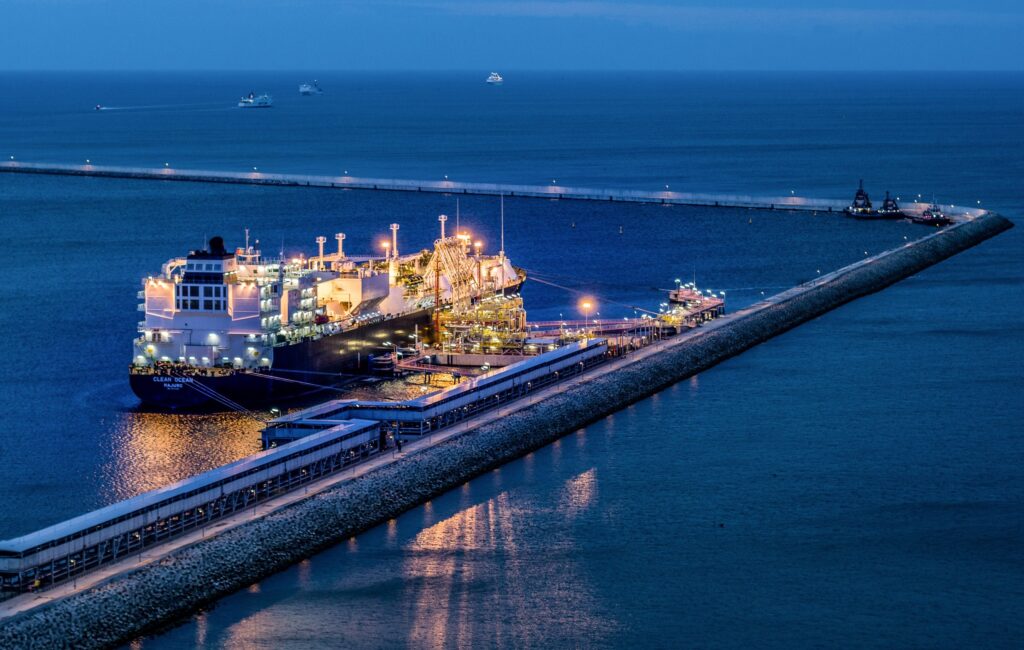


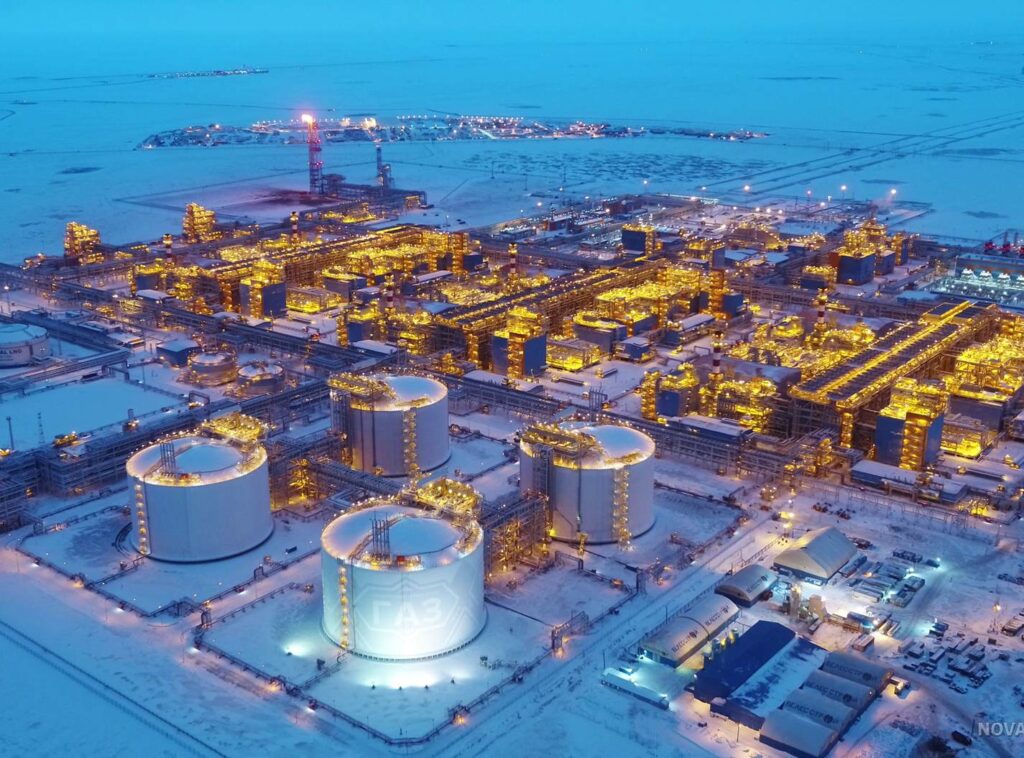
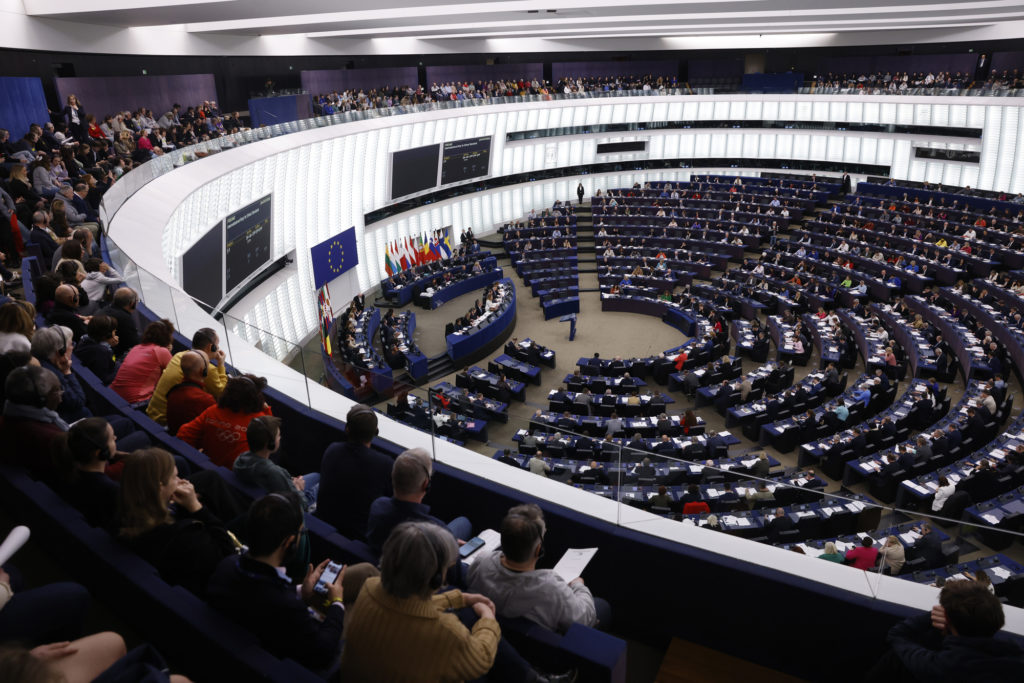
 ambassadors. They may return to the issue on Friday,”
ambassadors. They may return to the issue on Friday,” 